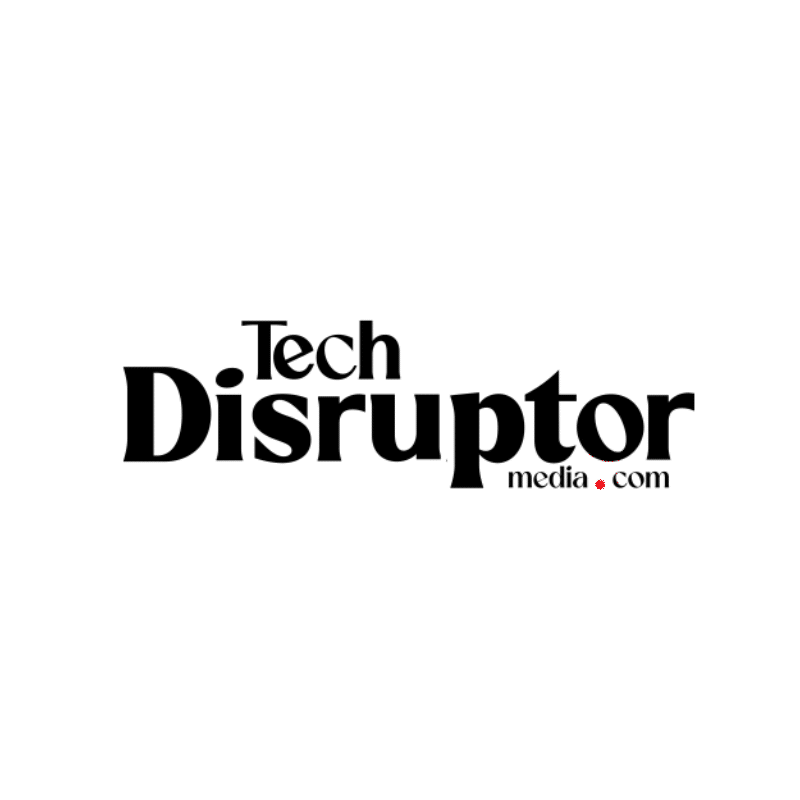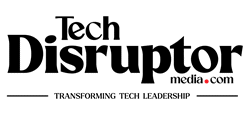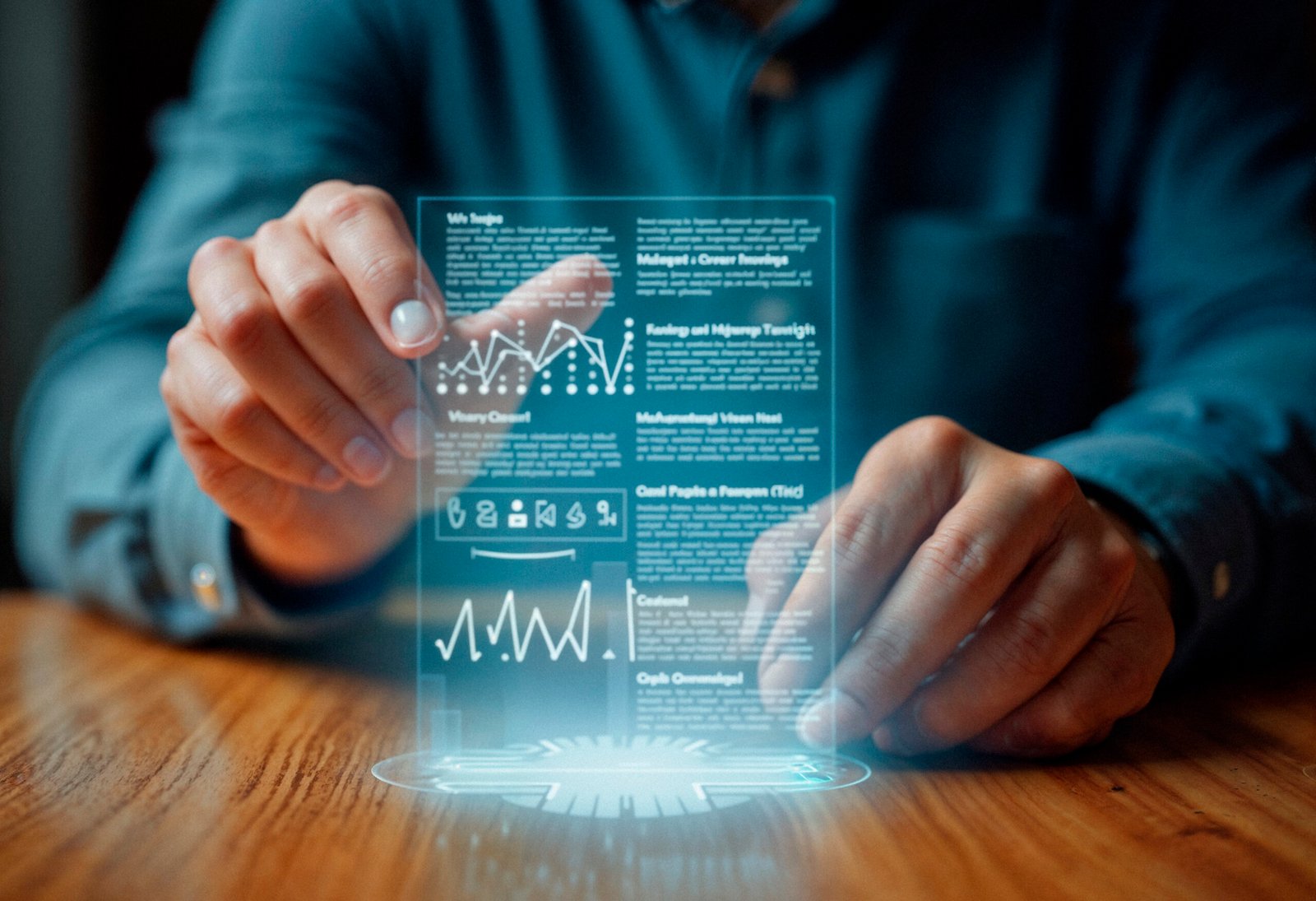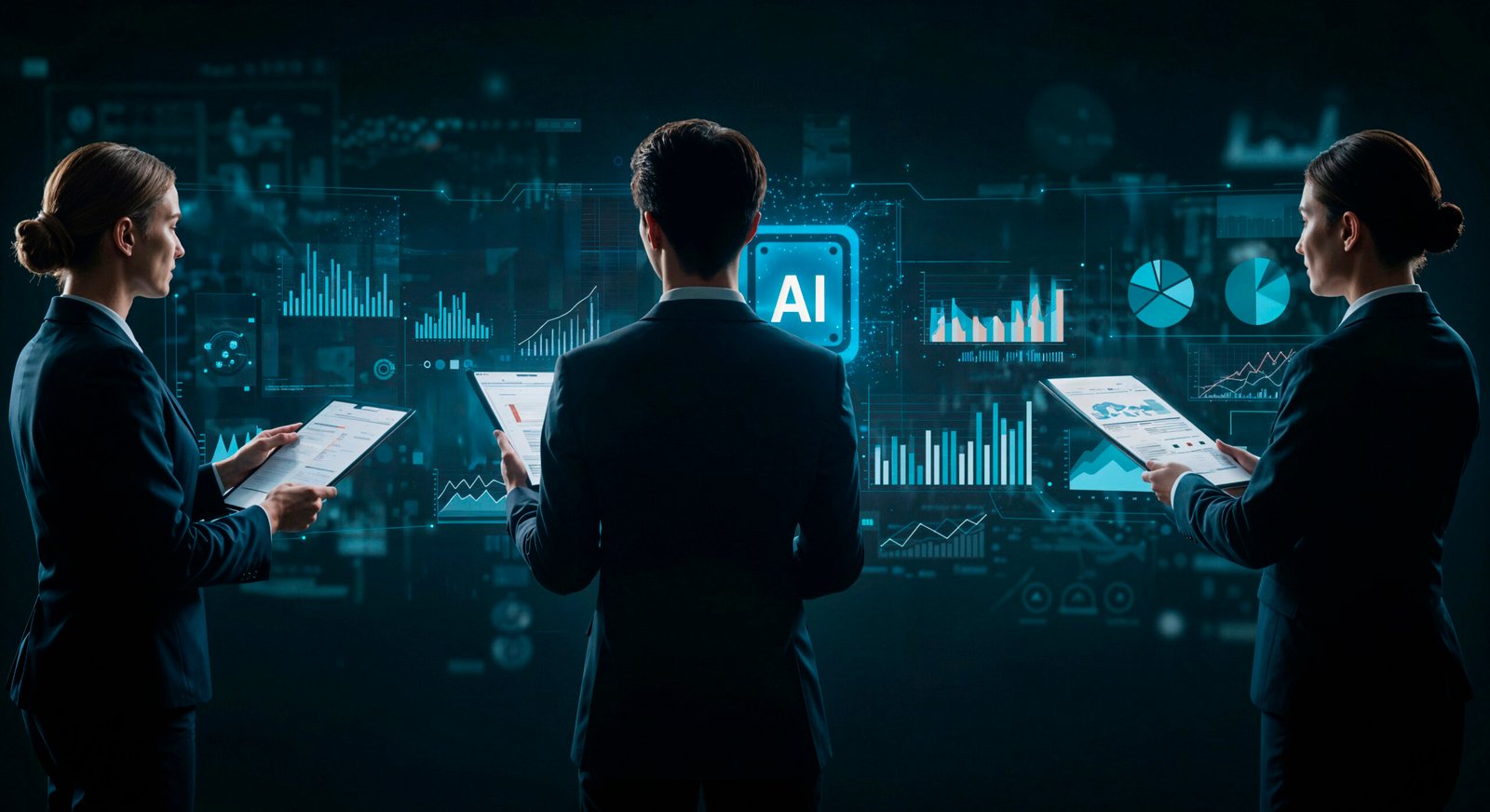“We’re in the middle innings of another platform shift, from vertically integrated apps to an open, scalable agentic web.” With these words, Microsoft CEO Satya Nadella kicked off Microsoft Build 2025, setting the stage for what may be remembered as the dawn of AI-augmented software development.
The keynote, streamed globally, showcased transformative updates to GitHub Copilot, Microsoft 365, and Azure AI, while featuring a surprise virtual appearance by OpenAI CEO Sam Altman to discuss their deepening partnership.
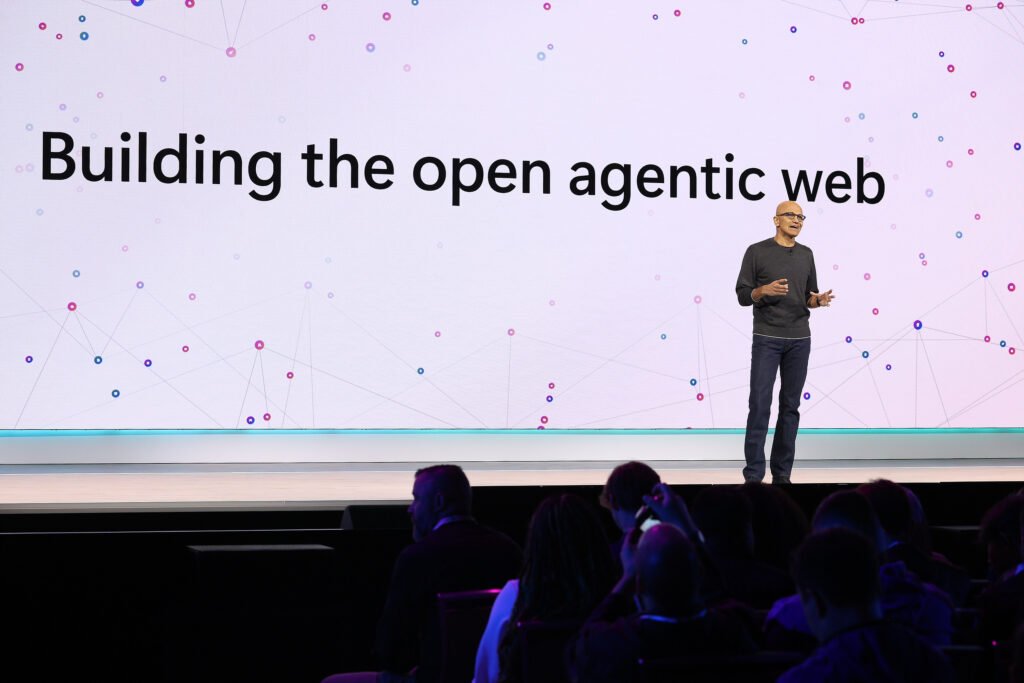
From Pair Programmer to Peer Programmer: AI Teammates Take Center Stage
The most striking moment came when Sam Altman joined virtually to demo OpenAI’s newly launched Codex agent, now deeply integrated with GitHub. “This is one of the biggest changes to programming that I’ve ever seen, true software engineering task delegation,” Altman declared, describing AI’s evolution from helper to autonomous teammate.
The vision? Developers will soon “tell your AI teammate: ‘I’ve got a big idea, go work on this for a couple days.'”
Key Takeaways:
GitHub Copilot has evolved beyond code completion into what Nadella called “a peer programmer”, capable of handling entire tasks like bug fixes, framework upgrades (Java 8→21), and even resolving production incidents. During a live demo, an SRE agent automatically diagnosed a memory leak, filed a GitHub issue, and proposed fixes, all without human intervention.
Altman teased simpler, more powerful models ahead: “The models are already very smart. They will continue to get smarter, but more importantly, they’ll get simpler to use.” His advice to developers? “Lean in early and hard, every technological shift like this rewards those who embrace it fastest.”
The Agentic Web: Microsoft’s Bet on the Next Platform Revolution
Nadella framed today’s shift as historic as Win32 (1991) or the iPhone (2007), declaring: “This isn’t just about information at your fingertips anymore, it’s about putting expertise at your fingertips.”
Key Takeaways:
The “Agentic Web” represents a move from monolithic apps to open ecosystems of collaborating AI agents. Microsoft’s tools, like VS Code (now with 50M+ users) and GitHub (150M+ developers), are being rebuilt for this reality. A standout moment showed an RFP Response Agent in Teams that drafted proposals using company-specific pricing data, then routed compliance checks to another AI, all via natural language commands.
“We’re not just using AI, we’re building the scaffolding for the next generation of software,” Nadella emphasized, positioning Microsoft as the platform for multi-agent workflows across enterprises.
Copilot Tuning: Your Company’s Brain in AI Form
The most enterprise-ready innovation was Copilot Tuning, which lets businesses train AI on their data, jargon, and workflows. In a demo, a Contract Builder agent drafted agreements using a law firm’s exact phrasing, with no prompt engineering required.
The key takeaway was that Copilot is no longer a one-size-fits-all tool; businesses can now train it to mirror their unique expertise, whether in legal, finance, or consulting. Unlike traditional fine-tuning, which demands data science teams, this feature offers a low-code approach, letting business users customize AI with minimal effort.
Security was also a major focus: tuned models inherit existing permissions, ensuring sensitive data remains protected while still enabling powerful automation. For enterprises, this means AI can now speak their language, follow their processes, and amplify their competitive edge, all without compromising control.
Final Thoughts: A New Era of AI-Driven Development
Microsoft Build 2025 made it clear: AI agents are no longer a futuristic concept—they’re here, and they’re transforming how we build and work. From GitHub’s autonomous coding agents to Microsoft 365’s multi-agent workflows and custom-tuned Copilots, the keynote showcased a future where AI handles the mundane, leaving humans to innovate.
As Nadella put it, “We’re not just using AI—we’re building the scaffolding for the next generation of software.”
